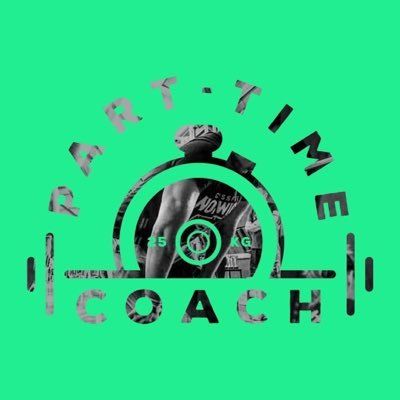Has School Sport become too Dependent upon Part Time Coaches ?

The workforce delivering sports coaching in schools is under more pressure than ever before. There are fewer classroom teachers coaching games than at any time since school sport emerged in the 19th century. However, at the same time, there are more teams, at more ability levels and in more sports than ever before. There is a bigger range of activities than previously, almost of them requiring a more disadvantageous staffing ratio than the days when all pupils played outdoor games. At the same time, parents all expect their children to receive top level coaching, and to be accompanied by that coach to a match every Saturday. Except on the weekends when it’s inconvenient, when they won’t want to take part in the match, leaving the same coach with a different problem. Being a school sports coach is a tougher job than previously, and now there are fewer of them. It’s a perfect storm.
An apparently simple solution is to employ a supplementary workforce of part-time coaches, who have sport-specific experience and qualifications, and only pay them for the hours they are required. With an estimated 4000 working in UK independent schools, there is evidence that schools have embraced this model as a remedy for staff shortages. However, it is a solution that looks better on the balance sheet than on the ground.
There are undoubtedly some excellent part-time coaches doing a great job in schools. However, when demand exceeds supply, as it often does, quality is inevitably compromised. It is often necessary to recruit this workforce at short notice, making both choice and robust recruitment processes difficult. Equally challenging is the need to ‘housetrain’ coaches into the peculiar landscape of school sport. These people may be working in several sports environments, with varying philosophies, cultures and acceptable behaviours. Dealing with pupils, parents and colleagues present unique challenges and the rapid turnover of such staff makes schools reluctant to invest too heavily in the training process.
There are other potential shortcomings to the model. Coaches who attend for a few hours a week are less likely to build relationships with pupils which nurture a love of sport, or know the person behind the performer. In a transactional coaching relationship, the opportunity to build desirable characteristics and behaviours is lost behind a series of technical drills and a profusion of cones. Suddenly, the classroom teacher who is low on cones, but high in pastoral awareness starts to look an increasingly attractive prospect. In order to get the best of both worlds, schools become tempted to pair a ‘coach’ with a teacher, hoping to have both technical and pastoral impacts. The unintended consequence is to double the workforce, and pay twice for the same job. There is then no doubt who addresses the issue of the pupils reluctant to get on the bus for the long away match.
The issue of staffing school sport is a worldwide one, that is not going to suddenly go away. Schools need to find a way of operating their programmes that are sustainable and find the right mix of quantity and quality. There is no doubt that the workforce of the future will be a mixed economy, including a mix of specialist PE teachers, generalist teachers, graduate assistants and full and part time sports coaches. The nature of the mix is crucial in ensuring that the right attitudes and expectations are established. An imbalance in the workforce will be reflected in an uneven culture, as schools have discovered who have unwittingly emerged with too great a dependency on any one element.
The challenge is to have the advantages of each workforce element, whilst minimising the attendant disadvantages. Part-time coaches can be a good thing in school sport – but sometimes it is possible to have too much of a good thing!